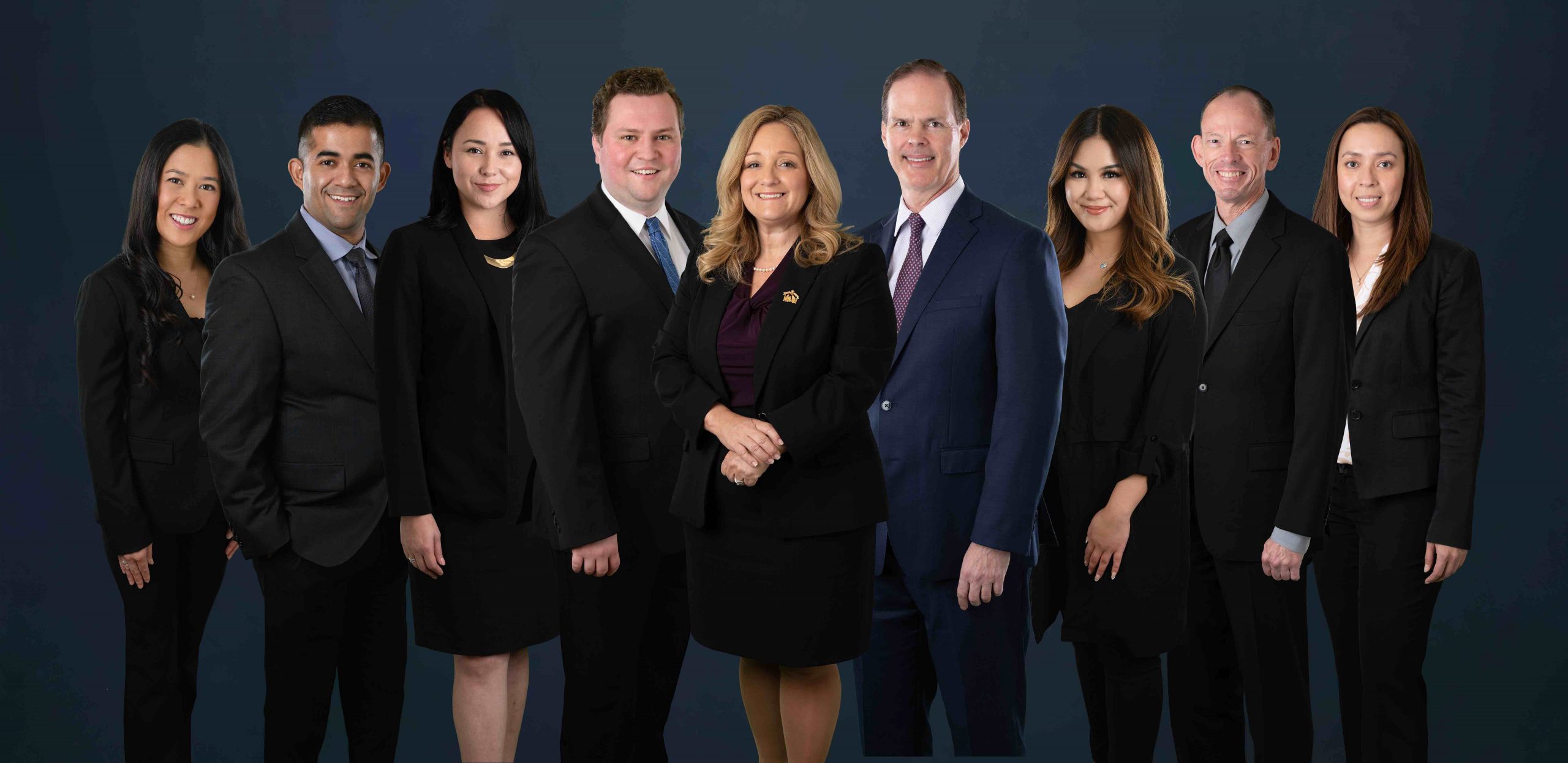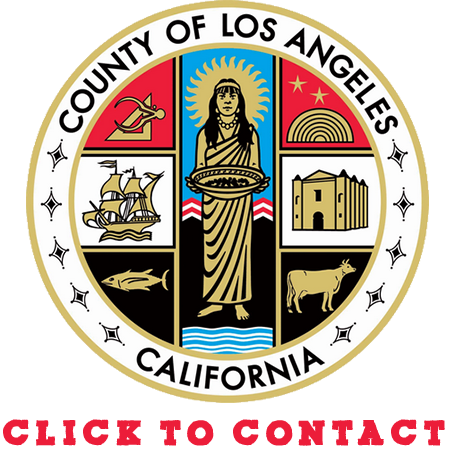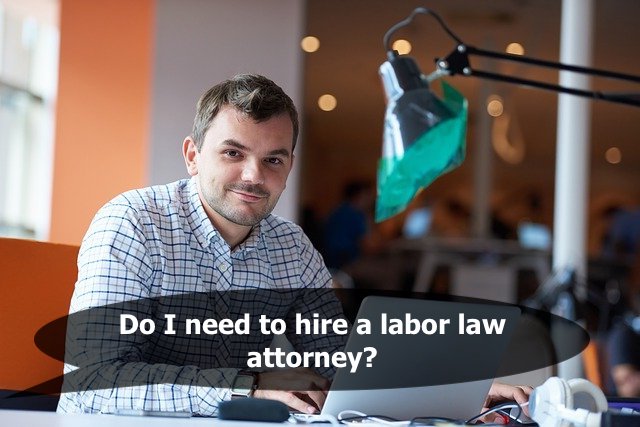TOP LOS ANGELES LABOR ATTORNEY
Top Los Angeles Labor Attorney is a professional lawyer group in Tustin serving all Los Angeles County area, to contact please Call or Request a Consultation Online Today with your #1 Labor Attorney in California Stevens & McMillan! We are open Monday through Friday 9 am to 5 pm!
The professional Employment Law firm of Stevens and McMillan is serving all of Los Angeles, CA. With over 40 years of combined experience in the field, the firm has helped victims of employment laws receive millions of dollars over the years through litigation against employers.
Sometimes in the workplace people’s rights are walked on, and what’s worse is that most people do not know they have rights in the workplace. From discrimination to wrongful termination to leave of absence, if your rights have been violated, we (Top Los Angeles Labor Attorney) can help you with no upfront cost. You can feel secure that our professional Top Los Angeles Labor Attorney team is the firm that will get you the results that you deserve as we have time and time again. For recent case results, refer to the right-side column to get an idea of what we have earned our clients.
Then if you have been harassed, discriminated against, wrongfully terminated, or if you’ve had any other labor law violated we can help. Our Top Los Angeles Labor Attorney team has helped numerous victims throughout the years earn what is rightfully theirs after suffering violations by their employers. Even if you do not believe you are financially capable of affording a top-tier employment lawyer, you should contact our Top Los Angeles Labor Attorney team at (800) 738-3353. Feel free to contact us to set up a free consultation. you can feel secure that we are the firm that will get you the results that you deserve as we have time and time again. For recent case results, refer to the right-side column to get an idea of what we have earned our clients.
Our professional labor attorney team has consistently earned our clients millions in the 17 years we have been in business. Known for our long list of successes, Top Los Angeles Labor Attorney is one of the only firms to also offer you no upfront cost for your employment law case. We also offer a free consultation either over the phone or in person.
TOP LOS ANGELES LABOR ATTORNEY
Top Los Angeles Labor Attorney covers the following practices:
Harassment lawyers: Sexual, Racial, Sexual Orientation
Discrimination: Age, Race, Gender, Sexual Orientation, Disability Accommodation
Wrongful Termination: Retaliation, Whistleblower
Leave of Absence: Medical, Pregnancy, Military, Family Care
Breach of Contract
Wage Disputes
Call NOW toll-free at (800) 738-3353 for a FREE CONSULTATION with NO RECOVERY – NO FEE (No Up-front Costs, Fees, or Charges) if you feel like your rights may have been violated. Contact via email
Toll-Free (800) 738-3353
Monday – Friday 9:00 am to 5:00 pm
Types of issues labor attorneys can help
People today are willing to sue for everything, from suing dry cleaners for losing a pair or filing for the return of a kidney. To sue for these bizarre claims, you need a lawyer. Today, many lawyers can specialize in a particular type of law to handle a variety of lawsuits. While people may be busy suing for strange reasons, many forget that there is a whole body of law that can help those who have been mistreated or fired at work. Employment lawyers are lawyers that protect employees’ rights and those who apply for jobs. Here are three types of situations that employment lawyers might handle.
- Discrimination
California is a great state and employees, as well as applicants for jobs, have the right not to be discriminated against. Employers and job applicants can’t be denied benefits or employment opportunities because they are members of a protected group. Examples of protected classes include race, gender, sexual orientation, disability, pregnancy, and religion. Fred, an employee of an ice cream manufacturing firm, was recently injured in a bike accident. Fred was originally employed by the company to operate the machine that seals the lids of the ice cream tubs.
He was not injured in the accident but he was still capable of operating the machine, provided he took a break every 3-4 hours as recommended by his doctor. His boss Ned refused Fred’s permission to return to work after Fred presented the documentation from his doctor. Fred was denied work when he called Human Resources and emailed Ned about his return. He was informed that the work roster was full. Fred was eventually let go by the company after being denied work for over two months.
California is an at-will jurisdiction so Fred’s firing was not necessary. Because Fred is temporarily disabled from an accident, he can be considered to belong to a protected group. Ned and the Human Resources Department refusing Fred’s work due to Fred’s disability may be considered disability discrimination. Fred may seek guidance from an Employment Lawyer in this type of case.
- Harassment
It can be difficult to prove sexual harassment in cases because most cases involve behavior directed at employees who didn’t want it. An employment lawyer’s experience and expertise are required to evaluate the facts of each case and determine if it is sexual harassment. Sexual harassment can be defined as any behavior that is unwelcome or unwanted. Kelly, an employee of the headquarters for a provider of media services, was a three-year veteran. Kelly was recently managed by Greg, a new manager. Kelly started to have problems with Greg when he began hugging Kelly every chance he had. He would always hug her upon her arrival, during meetings, in the breakroom, and even in the elevator. Kelly once tried to avoid Greg’s hugging and Greg later decided not to choose Kelly to work on a project she had promised her. Kelly was denied this opportunity because she missed out on a raise and an opportunity to improve her job experience.
Kelly was shown that Greg would not allow her to have physical affection. Although the facts don’t mention whether the hugs were sexual, or if Greg was romantically interested in Kelly, the behavior made Kelly feel uncomfortable. Greg took Kelly from a project after he rejected one of his hugs. This could indicate that Greg may have retaliated against Kelly and sent the message that she would lose her employment benefits if she didn’t accept his physical affection. Kelly will likely need to raise the matter with another manager, Human Resources, or she can call an employment lawyer to discuss her next steps.
Some actions, such as inappropriate touching or crude jokes can be considered sexual harassment. It is illegal and employers are responsible for creating a zero-tolerance policy for forms of harassment that involve sexual harassment. Employers are expected to take steps to prevent sexual harassment in the workplace. To prevent sexual harassment, employers should organize seminars for employees to help them understand the appropriate behavior and what may be offensive.
- Wrongful Termination
An employee is fired because of an illegal reason. A variety of workplace situations can lead to wrongful termination. An example of wrongful termination is when an employee reports illegal activity at work. It could be argued that an employee was fired because they reported the problem. An employee may request a leave of absence for medical reasons, such as pregnancy or another medical condition. Wrongful termination can also be caused by an employee being fired because they have a disability or for asking for accommodation and/or taking time off to care for it.
Question and Answer
How to file a harassment complaint at work?
If you experience harassment at work, it is important to report it to your employer so that they can take appropriate action to investigate and address the situation. Here are the steps you can take to file a harassment complaint at work:
- Review your employer’s harassment policy: Before filing a complaint, review your employer’s harassment policy to understand the steps you need to follow and the available reporting channels.
- Document the harassment: Keep a record of any incidents of harassment, including the date, time, location, and any witnesses present. This can help support your complaint and any subsequent investigation.
- Report the harassment: Report the harassment to your supervisor, HR representative, or another designated employee according to your employer’s policy. Be specific about the incidents of harassment and provide any supporting documentation you have.
- Cooperate with the investigation: If an investigation is launched, cooperate fully with the investigators and provide any information or evidence you have.
- Follow up: Follow up with your employer to ensure that appropriate action has been taken to address the harassment. If the harassment continues, report it again and consider seeking legal advice.
Remember, it is illegal for an employer to retaliate against an employee for reporting harassment. If you experience any retaliation, report it immediately to HR or another designated employee.
Another example of wrongful termination is when an employee complains about being sexually harassed, discriminated against, or if they are fired for having a disability.
While some lawyers might handle some unusual cases, Los Angeles employment lawyers protect the rights and interests of all Californian employees.
What is not discrimination in the workplace?
Understanding what does not constitute discrimination in the workplace is as important as recognizing what does. Here are a few examples of situations that typically would not be considered discrimination:
- Fair and justified performance evaluations: Providing constructive feedback, addressing performance issues, and making employment decisions based on legitimate performance criteria do not generally qualify as discrimination.
- Merit-based promotions and pay raise: If promotions or pay raises are based on job-related qualifications, performance, experience, or other legitimate factors, it is not considered discriminatory.
- Business-related decisions: Making decisions based on legitimate business needs, such as restructuring, downsizing, or changing job responsibilities, does not constitute discrimination if they are applied equally to all employees without regard to protected characteristics.
- Personality conflicts or general disagreements: Disagreements, conflicts, or interpersonal issues that are not based on protected characteristics, such as personal preferences or work style differences, are generally not considered discrimination.
- Work-related requirements: Setting job-related requirements, qualifications, or expectations that are necessary for performing the job effectively, as long as they are not designed to disproportionately disadvantage individuals based on protected characteristics, would not be considered discrimination.
- Bona fide occupational qualifications: In some cases, certain protected characteristics may be relevant to specific job requirements. For example, gender may be a legitimate qualification for actors playing certain roles or security personnel conducting body searches. This is referred to as a bona fide occupational qualification and is not considered discriminatory.
It’s important to note that the specific legal definitions and exceptions may vary depending on local laws and regulations. It’s always advisable to consult with legal professionals or employee assistance programs to understand the specific nuances and legal requirements applicable to your jurisdiction.





